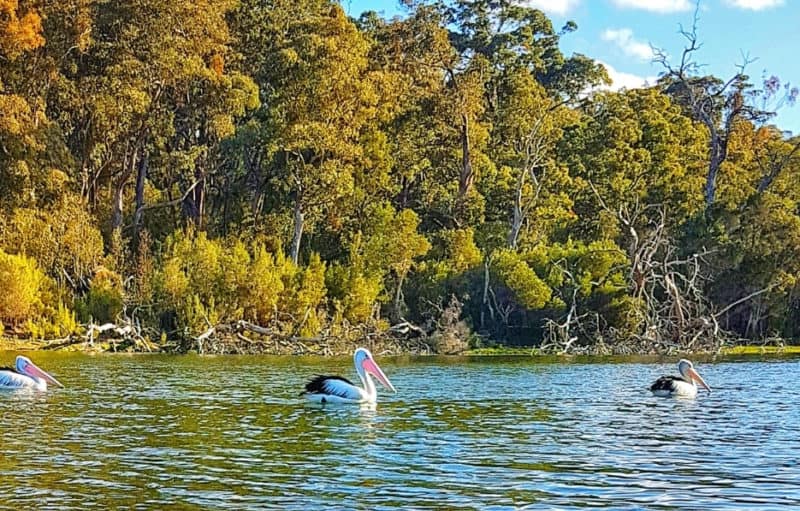MEDIA RELEASE 23 September 2020 |
Spider crab advocates oppose a reduced bag limit for Australian Giant Spider Crabs, proposed by the Victorian Fisheries Authority, reducing the permitted daily catch from 30 to 15.
The new draft limit will do nothing to reduce the catch, or the intensive and confrontational targeting practices on Mornington Peninsula piers during the annual aggregation of the Australian Giant Spider Crabs, according to community Spider crab advocates.
The SOS #saveourspidercrabs campaign (Spider Crabs Melbourne, the Spider Crab Alliance and the Victorian National Parks Association) urge the Victorian State Government to introduce a no-take season for the species instead.
Melbourne marine biologist Sheree Marris says: “The bag limit reduction is a recognition that there is a problem, however, it still falls short in offering the crabs much needed protection at a time when they’ve gathered en masse, vulnerable and easily accessible.”
Crab targeting appeared on the Mornington Peninsula piers for the first time in 2019, and in 2020, the crab aggregations at the piers were ravaged within days. Harvesting practices caused extensive damage and destruction to sea life around the piers, and littered the seafloor with chicken carcasses, fishing debris and discarded nets. Large numbers of crab nets also endangered divers and snorkelers where in some cases, crabs were targeted with brick-weighted crab nets.
In discussion with representatives of the SOS #saveourspidercrabs the Victorian Fisheries Authority revealed that the proposed change was based on a WeChat survey conducted in August 2020 which received only 306 responses.
The VFA’s WeChat survey found that 195 people caught crabs during the 2020 season, and only 7% caught more than 20. By reducing the limit to 15, VFA admitted the change was ‘not designed to reduce the catch’.
The survey explored the reasons for crab harvesting. The majority of the crab-catchers surveyed indicated they ate the crab meat, but after tasting the crabs, around half said they would not target the crabs for food again, indicating the unsuitability of this species as a table species.
Sheree says, “we’ve seen fisheries all around the world collapse because of the same actions. Let’s not let these iconic crustaceans be the next victims. A no-take season from April to July is the only sensible and scientifically defensible option.”
“Fisheries Victoria have introduced a no-take season for a number of marine species, which have been successful. Our iconic Australian Giant Spider Crabs should similarly be protected by a no-take season applying to the time and place where the crabs come into the shallow waters of Mornington Peninsula at this critical and highly vulnerable time of their life and breeding cycle,” says Sheree.
In refusing to consider a no-take season, the Victorian Fisheries Authority has ignored the views of 34,000 people who have signed a no-take season petition, of which more than 3,500 are local to the Mornington Peninsula, instead, taking instruction from 195 fishermen identified through the WeChat social media platform.
For generations, families, divers and snorkelers have gathered on the southern Peninsula piers to watch thousands of crabs gather in the shallows to moult their shells. The iconic event draws a vibrant array of marine life including rays, fish and birdlife that prey on the crabs when they are most vulnerable.
Shannon Hurley from the Victorian National Parks Association says, “The spider crab moulting aggregations are of potentially high winter tourism value, and given the hardships faced due to Covid-19 by local businesses and tourism operators, there is great value in safeguarding and celebrating such an important tourism drawcard to Victoria’s economy, especially during winter.”
The aggregation of the giant cuttlefish in South Australia is accompanied by a locally organised CuttleFest, which in 2020 alone under restricted COVID circumstances, produced an injection of $17 million into the local Whyalla community.
“We’re getting crabby – what’s being requested isn’t unreasonable. The proposed bag limit reduction does not address concerns, and risks further promoting the moulting season to be targeted in such localised areas.”
The Victorian Fisheries Authority Public Consultation on the proposed bag limit reduction closes 27 October.
